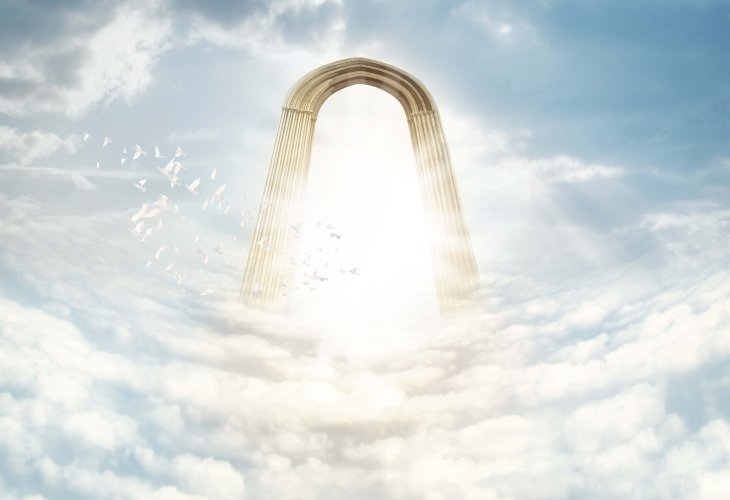Does Every Jew Really Have a Share in the World to Come? Busting the Myth
The Mishnah suggests every Jew earns a place in paradise by default. Is this true, or do our actions ultimately decide our fate? Discover the surprising details within the Mishnah.
- גלעד שמואלי
- פורסם ד' תמוז התשפ"ב
 (Photo: shutterstock)
(Photo: shutterstock) #VALUE!
During Kabbalat Shabbat, Sephardic Jews recite the Mishnah "All Israel have a share in the World to Come, as it is said (Isaiah 60:21) 'And your people are all righteous, they shall inherit the land forever (the land of life, which is the World to Come), the branch of My planting, the work of My hands in which to take pride (the nation I have chosen - I shall take pride in them for they are righteous)'" (Mishnah Sanhedrin 10:1).
From this, many believe that every Jew automatically enters paradise, a spiritual realm of goodness among the righteous and those who observe the Torah and its commandments, ensuring a connection to the eternal world after the era of redemption and the resurrection of the dead.
The misconception arises from ignoring the continuation of that Mishnah, which states "And these are those who have no share in the World to Come," listing certain sins that cause a Jew to lose their share.
Rabbi Yisrael Lipschitz, of blessed memory, author of the 'Tiferet Yisrael' commentary on the Mishnah, explains on the continuation "And these are those who have no share in the World to Come" - "who do not have a portion in the eternal spiritual reward, for they descend and suffer for generations," citing the words of the prophet Daniel about the era of redemption and resurrection - "And many of those who sleep in the dust of the earth shall awake" (Daniel 12:2), indicating not all shall receive eternal life, as the prophet said 'many' and not 'all.'
The incomplete and incorrect understanding of this Mishnah offers some people an ease of conscience, allowing them to live by their comfort, bending the commandments, and choosing what suits them from the Torah, feeling no obligation towards everything written.
Our Torah presents an event with a lesson for future generations on this matter. Korach envied Aaron's appointment as the High Priest. He hoped for an honored position himself, and when this didn't happen, he decided to rebel against Moses' leadership. He attempted to incite the people against him with arguments the people might find appealing - "The entire assembly is all holy, and Hashem is among them, why do you exalt yourselves over the congregation of Hashem?" He claimed socio-religious equality, negating the leadership of Moses and Aaron, as everyone was present at Mount Sinai. He tried to lead the people with the motto 'everyone is holy.' In contrast, Moses, the conveyor of the Torah, brought a reverse message to the people in the name of Hashem - "Speak to the entire assembly of the children of Israel and say to them: 'You shall be holy'."
A Jew does not automatically become holy, entitled to paradise and eternal life. We are required to make ourselves holy through toil, leaving our comfort zone, and progressing spiritually towards Hashem through Torah and commandments, as the Torah states, "so that you remember and do all My commandments and be holy to your God." This implies that only by fulfilling all commandments can one become holy.
Rabbi Samson Raphael Hirsch, of blessed memory, the spiritual leader of German Jewry who fought against the Reform movement, wrote "The entire assembly is not yet holy. They are 'men of holiness' - people with a holy mission... but they are not yet 'holy.' Rather, they must rise and ascend unceasingly towards their sacred purpose. They must not replace reality with purpose; they must not see themselves as holy simply because they have been dedicated to a holy purpose; their holy purpose should stand before their eyes as a distant goal of their aspiration."

